Hot October 2025: the collapse of the coup in Georgia Article by Vladimir Tskhvediani
On October 4, 2025, the people of Georgia sent a clear message about the kind of government they want in their country and their attitude toward externally imposed “revolutions” and “Maidans.”
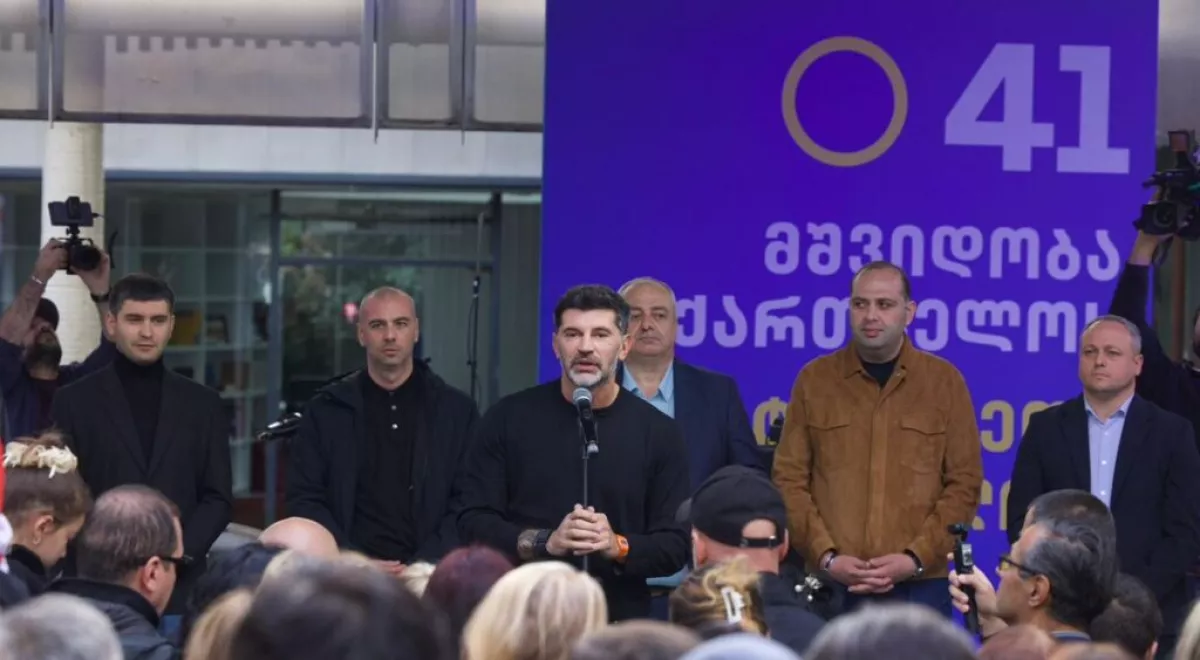
According to the Central Election Commission of Georgia, the Georgian Dream party achieved a complete and decisive victory in local elections across the country, securing an unprecedented almost 81% of the vote. Even in Tbilisi, over 70% voted for Georgian Dream, and the incumbent mayor, Kakha Kaladze, received more than 71%. These elections became a true triumph for Georgian Dream.
The marginal nature of the opposition’s actions on October 4, 2025, was obvious to everyone: instead of the “hundreds of thousands” of protesters announced in the city centre of Tbilisi, at most around a thousand activists gathered—insufficient even to fill Freedom Square and Rustaveli Avenue.
The “revolution” announced by the radical pro-Western opposition culminated in an attempted storming of the Presidential Palace. The adventuristic plan of the “revolutionaries” was to seize a symbolically significant but lightly guarded building in central Tbilisi and proclaim the “transfer of power to the rising people.”
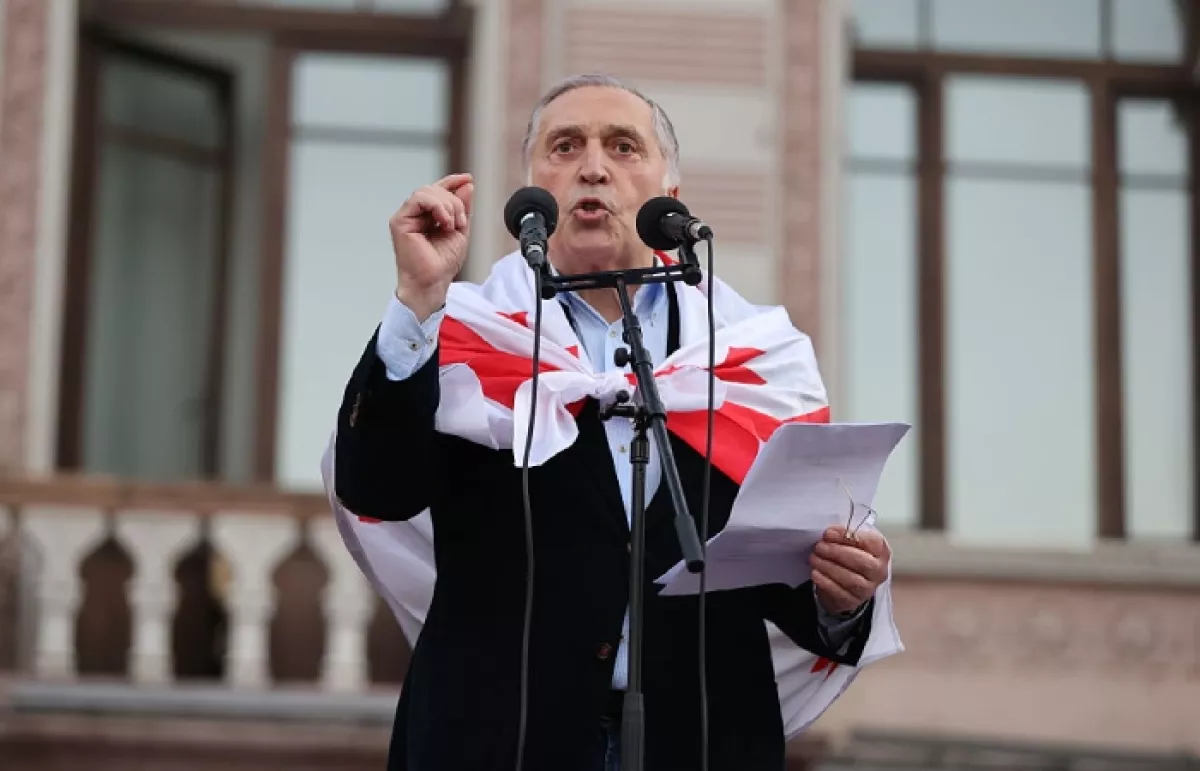
The main organiser of the opposition action, opera singer Paata Burchuladze, declared at the very start of the event in Freedom Square that the authorities were “illegitimate” and announced the transfer of power “into the hands of the people.” He also promised the “liberation of democratic institutions” and the restoration of dialogue on European Union accession.
The radical opposition managed to break through the gates and enter the presidential residence courtyard. However, they lacked the strength to go further—police quickly neutralised the “revolutionaries.”
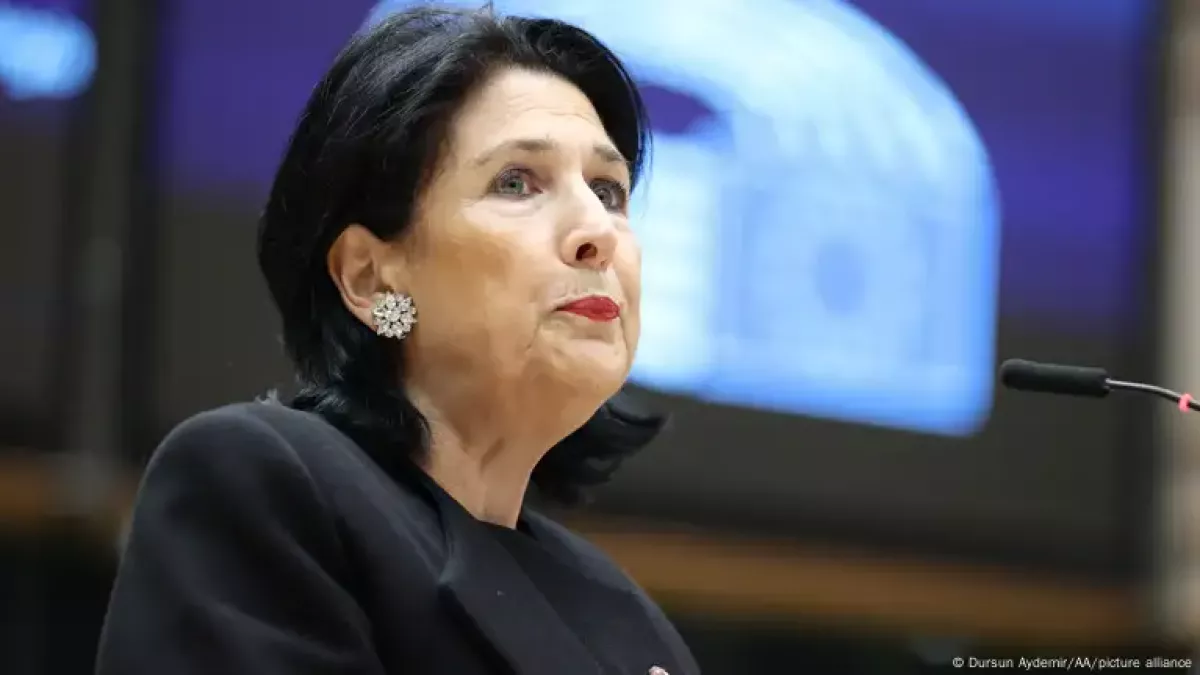
Realising that the “revolution” was collapsing, Salome Zourabichvili was quick to distance herself from the events. During the clashes near the presidential palace, she was on Rustaveli Avenue among a small number of protesters and claimed that “this is a pure provocation… an attempt either to disperse or to distract attention from what is actually confronting the regime today, namely the peaceful protest.” On the social media platform X, she also described the events as a “mockery of taking over the presidential palace.”
Understanding that they would have to answer for organising an attempted coup, the leaders of the “revolution” fell into a state close to hysteria. One of the protest leaders, Murtaz Zodelava, a member of the United National Movement, began urging supporters who were dispersing to come out daily for new actions and confrontations with law enforcement.
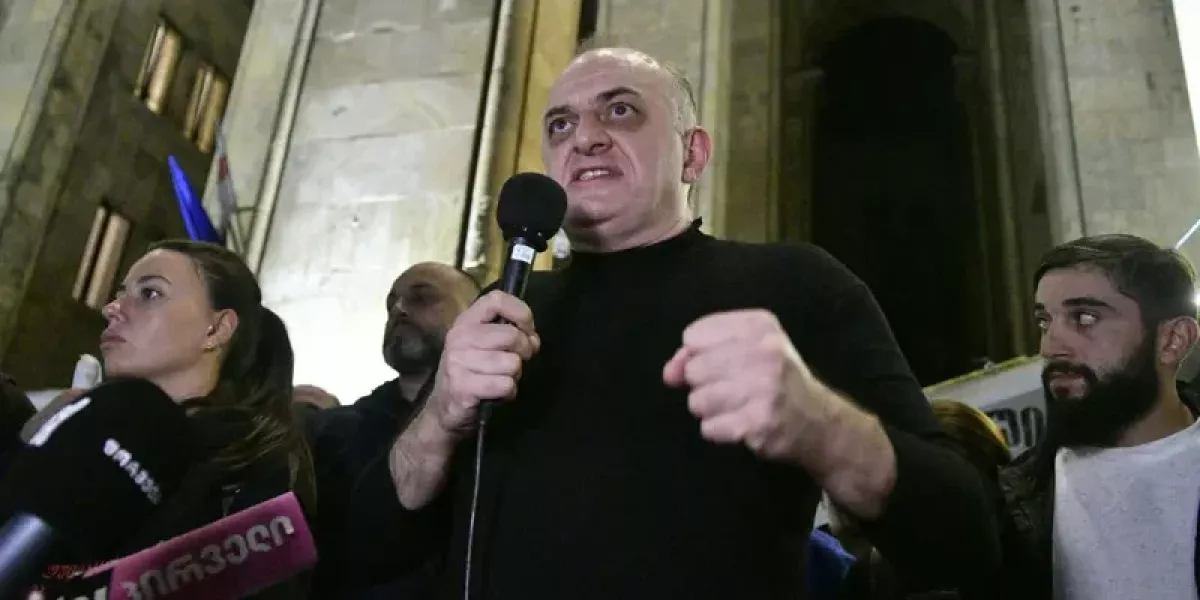
“Friends, today a revolutionary process has begun in the country, today a great revolution has started. A revolution does not last two or three hours; it is a process that requires days of struggle, clashes, and the revolution will prevail,” declared Murtaz Zodelava.
At the same time, Paata Burchuladze, seeing that the already small “uprising people” were quickly dispersing and that Freedom Square and Rustaveli Avenue were rapidly emptying, realised he would have to answer for the attempted seizure of the presidential palace. He then suddenly “felt unwell” and “required hospitalisation.”
The Georgian authorities immediately made it clear that the leaders of the radical opposition would not escape responsibility for organising the unrest. Prime Minister Irakli Kobakhidze promised that “all those who participated in the violence, without exception, are perpetrators of the crime—attempted overthrow of power—and should expect ‘surprises’ in the coming days.”
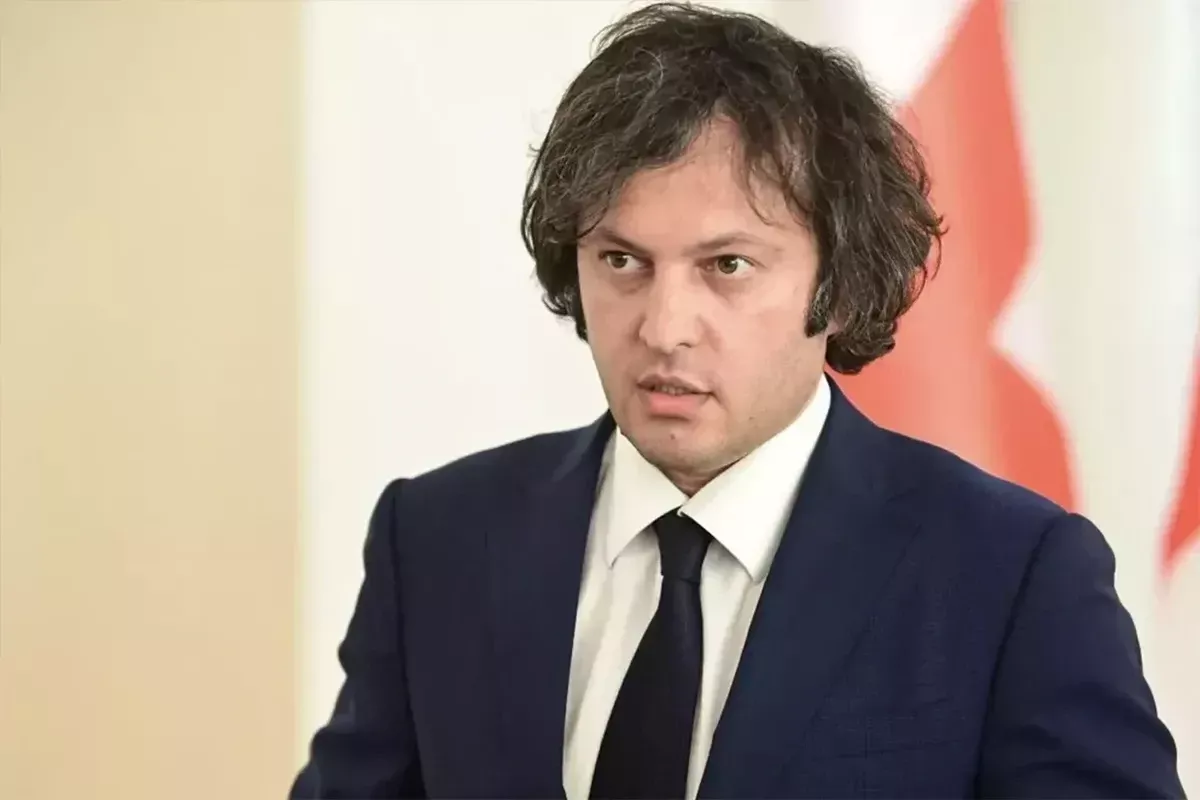
“We expected that far more than 30 shameless aggressors would be detained, and you can see that our prediction is coming true. We told everyone that today we have far more resources for identifying people than we did a few months ago. Previously, it was possible to identify only three per cent of offenders; today, these capabilities are much greater. Accordingly, many perpetrators of the crime—attempted overthrow of power—will face severe punishment under the law,” Kobakhidze stated.
On the night of October 4–5, 2025, the Georgian authorities acted quickly and decisively, neutralising the attempted coup d’état. The Ministry of Internal Affairs arrested leaders of the radical opposition—Paata Burchuladze, Murtaz Zodelava, Irakli Nadiradze, Paata Mandjgaladze, and Lasha Beridze.
Police detained Paata Burchuladze directly at the clinic where he had fled from the organised action “for treatment.” According to Deputy Minister of Internal Affairs Alexander Darakhvelidze, those arrested face up to nine years in prison.
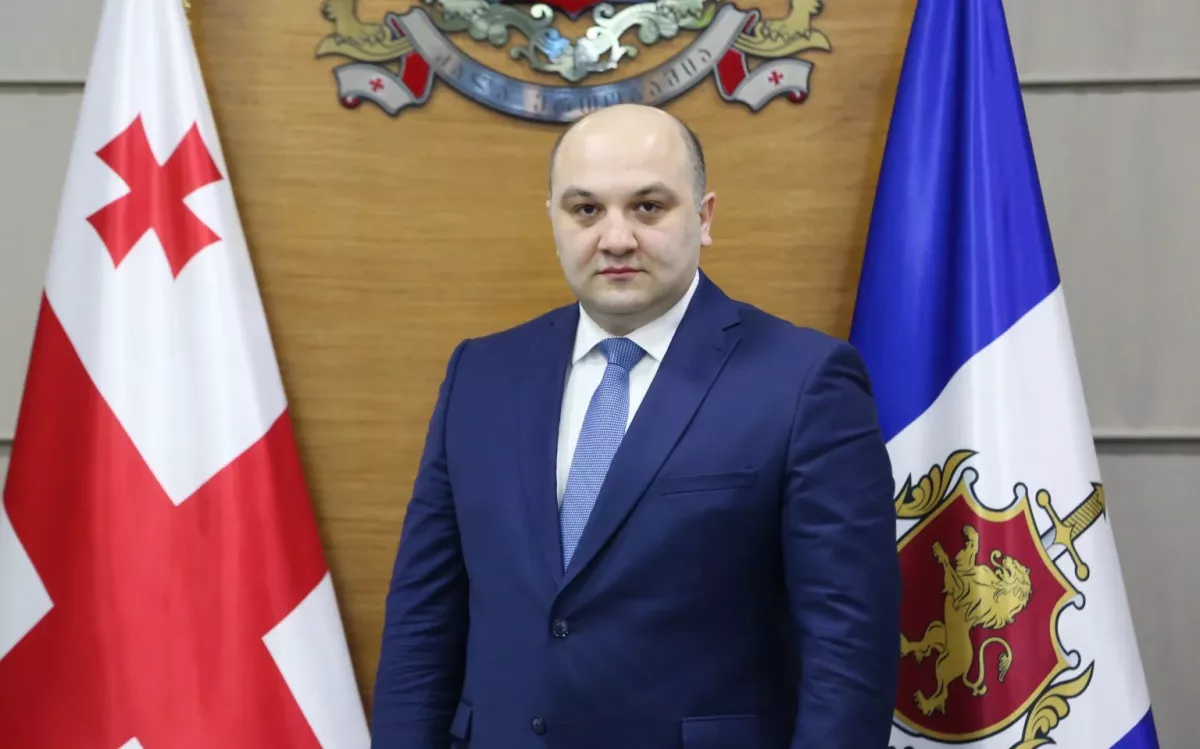
“They are charged with inciting the violent alteration of Georgia’s constitutional order or the overthrow of state power. They also face charges for organising, leading, and participating in group violence. These crimes carry a prison sentence of up to nine years,” noted Darakhvelidze.
After midnight on October 5, Prime Minister Irakli Kobakhidze reiterated that all those who attempted to strike against the state would face the strictest punishment.
“Anyone who tried to raise a hand against our state, participating in an action organised by foreign intelligence agencies, will receive the harshest punishment. Georgia is not a country where foreign intelligence agencies can be given the opportunity to change the government. Yesterday’s attempt to overthrow power was a continuation of the so-called 300-day protest organised by intelligence services. There is a direct and logical connection between protests involving 150 people and yesterday’s attempted coup. From this, you can draw conclusions about what our government’s policy toward foreign agents and agents of foreign intelligence services will be. We will be uncompromising toward all violent actors. The state will stand firm. We will defend national interests everywhere,” Kobakhidze declared.
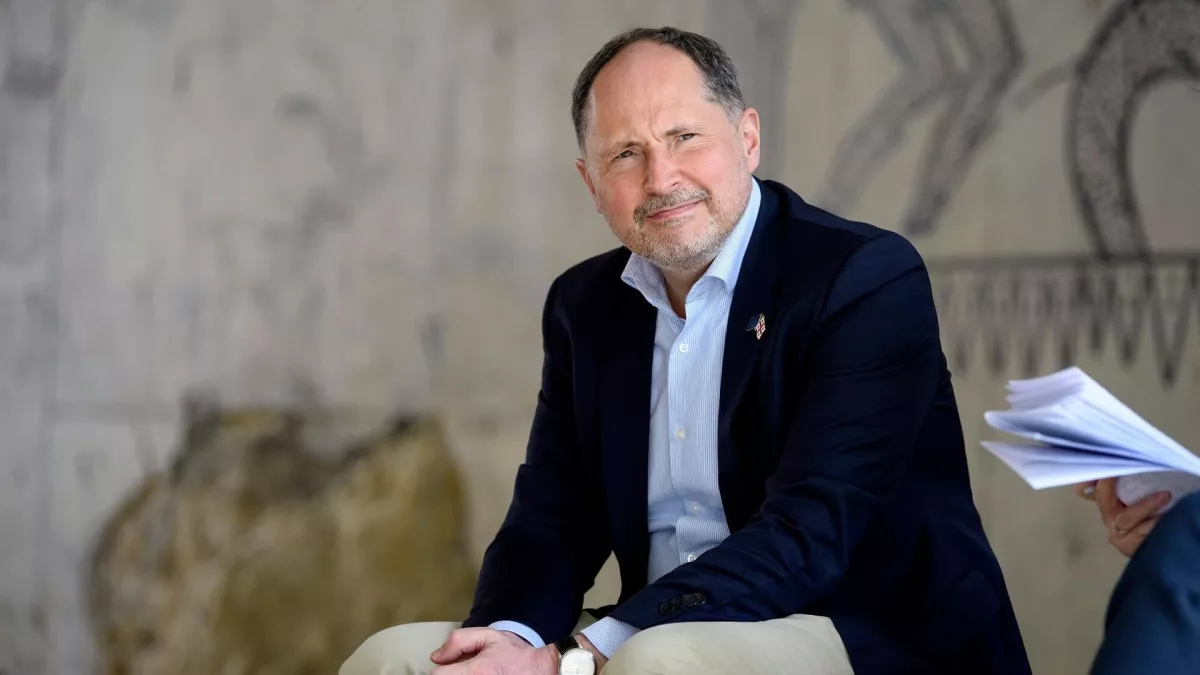
The prime minister also demanded that EU Ambassador to Tbilisi, Pawel Herczynski, condemn the violence carried out by participants in the protest. Kobakhidze accused the diplomat of expressing support for the idea of overthrowing Georgia’s constitutional order.
“In this context, of course, the EU’s representative in Georgia bears a special responsibility. Let him come forward and decisively condemn, and also distance himself from everything happening on the streets of Tbilisi—this is his direct duty, especially when we have directly heard statements supporting the attempt to overthrow the constitutional order,” Kobakhidze emphasised.
Thus, October 4, 2025, became a landmark day in modern Georgian history. The ruling Georgian Dream party managed to secure unprecedented popular support across all regions of the country. The Georgian authorities also succeeded in swiftly suppressing the attempted ‘revolution’ and coup, delivering a decisive blow to foreign agents, while preventing destabilisation and bloodshed.
By Vladimir Tskhvediani, Georgia, exclusively for Caliber.Az








